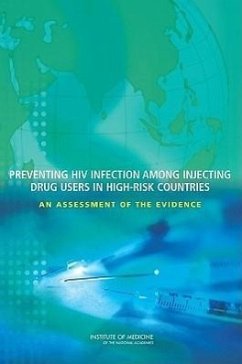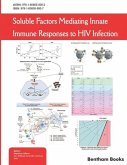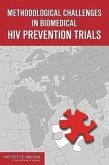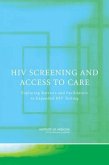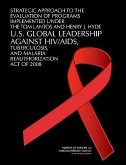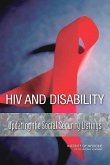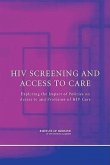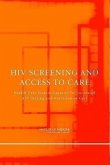Drug dependence is a complex, chronic, relapsing condition that is often accompanied by severe health, psychological, economic, legal, and social consequences. Injecting drug users are particularly vulnerable to HIV and other bloodborne infections (such as hepatitis C) as a result of sharing contaminated injecting equipment. All drug-dependent individuals, including injecting drug users (IDUs), may be at increased risk of HIV infection because of high-risk sexual behaviors. There are an estimated 13.2 million injecting drug users (IDUs) world-wide--78 percent of whom live in developing or transitional countries. The sharing of contaminated injecting equipment has become a major driving force of the global AIDS epidemic and is the primary mode of HIV transmission in many countries. In some cases, epidemics initially fueled by the sharing of contaminated injecting equipment are spreading through sexual transmission from IDUs to non-injecting populations, and through perinatal transmission to newborns. Reversing the rise of HIV infections among IDUs has thus become an urgent global public health challenge--one that remains largely unmet. In response to this challenge, the Institute of Medicine convened a public workshop in Geneva in December 2005 to gather information from experts on IDU-driven HIV epidemics in the most affected regions of the world with an emphasis on countries throughout Eastern Europe, the Commonwealth of Independent States, and significant parts of Asia. Experts from other regions also provided information on their experiences in preventing HIV infection among IDUs. This report provides a summary of the workshop discussions. Preventing HIV Infection among Injecting Drug Users in High Risk Countries describes the evidence on the intermediate outcomes of drug-related risk and sex-related risk prior to examining the impact on HIV transmission. This report focuses on programs that are designed to prevent the transmission of HIV among injecting drug users. These programs range from efforts to curtail non-medical drug use to those that encourage reduction in high-risk behavior among drug users. Although the report focuses on HIV prevention for IDUs in high-risk countries, the Committee considered evidence from countries around the world. The findings and recommendations of this report are also applicable to countries where injecting drug use is not the primary driver, but in which injection drug use is nevertheless associated with significant HIV transmission.
Hinweis: Dieser Artikel kann nur an eine deutsche Lieferadresse ausgeliefert werden.
Hinweis: Dieser Artikel kann nur an eine deutsche Lieferadresse ausgeliefert werden.

